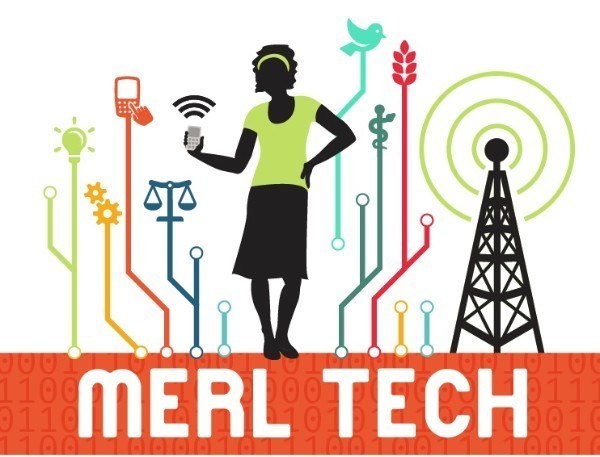
A group of Notre Dame researchers have played a key role in developing MERL Tech’s State of the Field Series, which was launched in July 2020. The series includes a set of four papers that look at the state of the field, from 2014 - 2019, of technology in MERL: Monitoring, Evaluation, Research, and Learning.
Dr. Paul Perrin, director of the Pulte Institute for Global Development’s Evidence and Learning Division, and Notre Dame students Gretchen Bruening, John Gordley and Hannah Foster, were part of a team of 10 researchers to contribute to Paper 2 in the series, titled What we Know About Traditional MERL Tech: Insights from a Scoping Review.
The team, which was led by researchers from Western Michigan University and also included independent consultants, conducted the scoping review between mid-2019 and early 2020. The goal of this review was to identify gaps in the knowledge base, clarify key concepts, and understand the types of evidence that inform practice. The team screened 3,054 studies to identify 886 references that reported use of MERL Tech. Of those, 75 percent were related to MERL Tech.
“MERL Tech has opened a universe of richer data that can help development practitioners gain a better understanding of the communities they are working with,” said Dr. Perrin, who is also associate professor of the practice within Notre Dame’s Keough School of Global Affairs. “Whether it's using SMS-based surveys, GPS, or tablets for mobile data collection, MERL Tech has been playing an important role in advancing the application of technology for the pursuit of the Sustainable Development Goals.”
Although there has been growth in the field, practitioners caution that the introduction of MERL Tech can also be a source of new challenges. Trust in technology amongst communities is one example. The review found that online surveys, GIS, and quantitative data analysis software were among the most trusted technologies, with dashboards, mobile tablets, and real-time technologies among the least trusted. Another barrier to implementing MERL Tech was the availability and quality of training material to those in developing communities.
Despite these challenges, the need for technology is growing due to the global COVID-19 pandemic, especially when remote monitoring and data collection must be done from a distance. The MERL Tech State of the Field series is designed to start the conversation amongst practitioners, researchers, and policy makers to make the next phase of MERL Tech development effective, ethical and equitable.